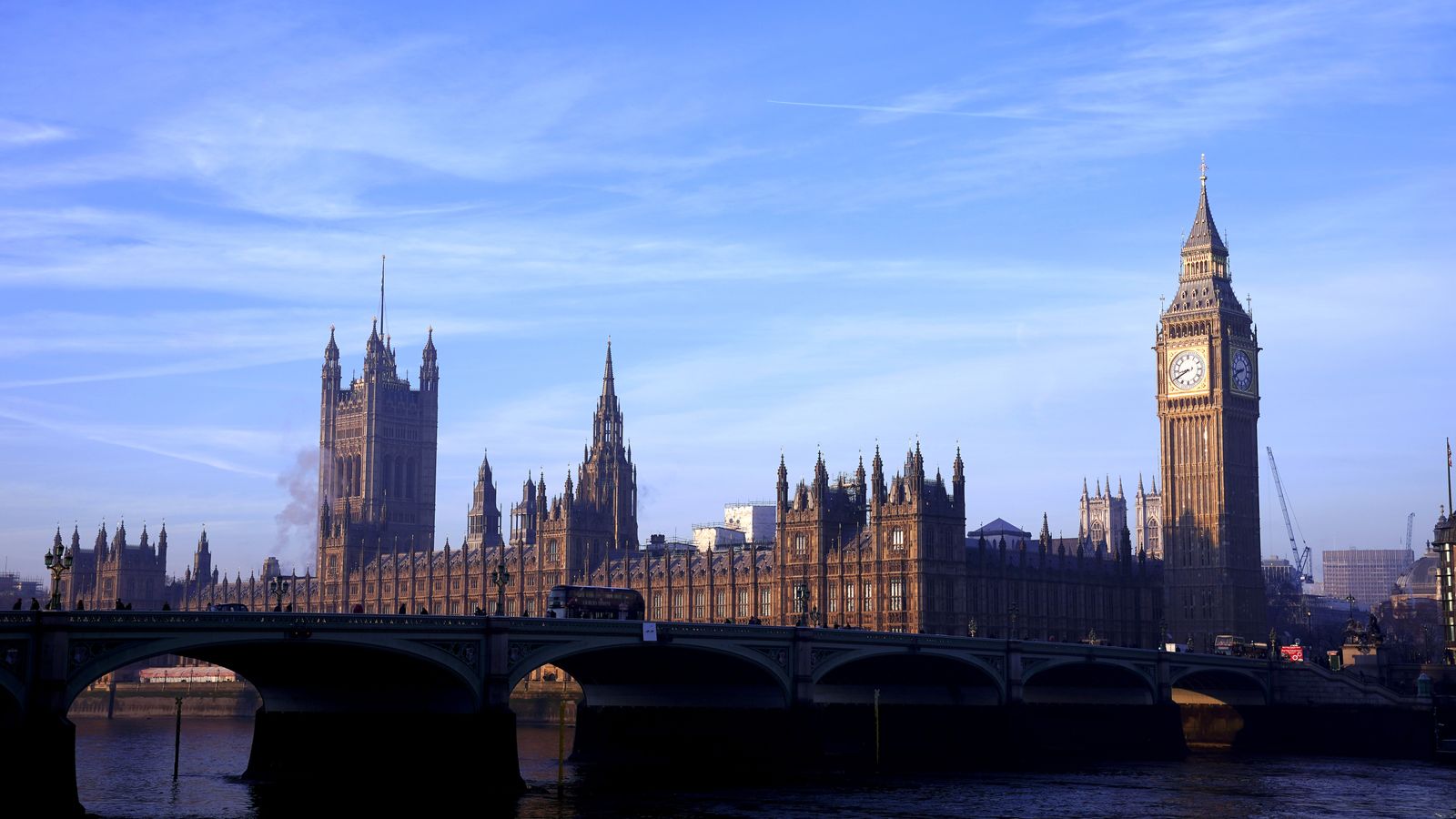Plans to overhaul human rights legislation would weaken UK courts and result in more cases being decided in Strasbourg, MPs have warned.
Rishi Sunak is being urged to scrap plans for a new Bill of Rights by an influential cross-party committee, which said it would create additional barriers that make it harder for people to enforce their fundamental freedoms.
Politics live: Rishi Sunak quizzed over Zahawi tax affairs in tough PMQs
Rather than creating a strong new legal framework and protecting parliament’s sovereignty, as the government has argued, the Joint Committee on Human Rights (JCHR) said the proposed legislation appeared to be designed to “tip the balance” in favour of the state when facing allegations of human rights violations.
The likely result of this would be that more people would need to go to the European Court of Human Rights in Strasbourg to settle their cases, and that more adverse judgments are likely to be made against the UK.
“The government should not proceed with this bill,” the committee said.
“It weakens rights protections, it undermines the universality of rights, it shows disregard for our international legal obligations; it creates legal uncertainty and hinders effective enforcement; it will lead to an increased caseload in Strasbourg; and will damage our international reputation as guardians of human rights.”
The proposed legislation is intended to scrap and replace the Human Rights Act, which enshrines in law the basic rights and freedoms everyone in the UK is entitled to.
It was originally introduced under Boris Johnson by Deputy Prime Minister and Justice Secretary Dominic Raab only to be dropped by Liz Truss when she took the reigns in Downing Street and sacked Mr Raab.
It was revived when Mr Sunak entered Number 10 and Mr Raab was reappointed to his previous role, although when he appeared before the Commons Liaison Committee last month the prime minister refused to commit to a parliamentary timetable to bring it into law.
The government says the bill is designed to “help prevent trivial human rights claims from wasting judges’ time” and to make it clear UK courts do not always need to follow the decisions of European courts.
However, committee chair Joanna Cherry said: “There is such little appetite for these reforms and the impact is likely to be so damaging to human rights protection in the UK it may be more sensible to scrap the Bill in its entirety.”
Read More:
Human rights reforms slammed as an ‘unashamed power grab’
Dominic Raab under the spotlight: What has led to the deputy prime minister being investigated
The committee noted there appeared to be little wider support for the proposed changes, with victims of violence against women, care home residents, and those whose family members have lost their life due to the actions of the police or other state actors among those raising objections in a public consultation.
The bill would also impact on the requirement on public bodies to investigate injustices that have led to landmark legal rulings – such as the inquests into the Hillsborough disaster, the committee said.
The government has defended the legislation in light of the report, insisting it will strengthen freedom of speech and inject “a healthy dose of common sense to the system and ending abuse of our laws”.
A Ministry of Justice spokeswoman said: “The government was elected on a manifesto that committed to updating the Human Rights Act to ensure there is a proper balance between the rights of individuals, our vital national security and effective government – that is what we are doing.”






















